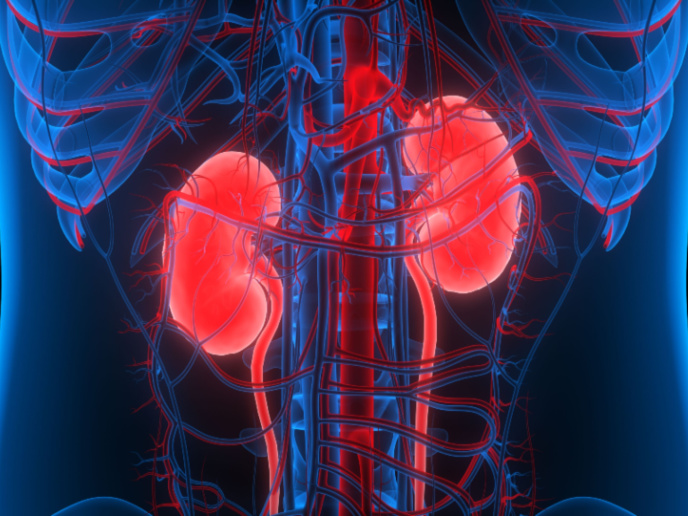Multidisciplinary training in cardiorenal syndrome
Cardiorenal syndrome(opens in new window) (CRS) is a complex disorder that refers to the collective and bidirectional dysfunction of the heart and kidneys, where the problem starts in either of those organs. Kidney dysfunction and heart failure interact and reinforce each other, with hypertension, diabetes and vascular disorders serving as common risk factors. The multifactorial mechanisms implicated in CRS confound the clear understanding of disease pathophysiology.
Training in CRS pathophysiology
The key objective of the CaReSyAn(opens in new window) project was to train early-stage researchers in CRS pathology, diagnosis and treatment by exposing them to academic, research and industry environments. The consortium organised a wide variety of training courses with a focus on the scientific area (omics techniques, statistics, animal experiments, chromatography) but also on soft skills, such as scientific writing, time management, scientific networking and proposal writing. The research was undertaken with the support of the Marie Skłodowska-Curie Actions(opens in new window) programme and involved the investigation of different aspects of cardiovascular diseases in the context of chronic renal insufficiency. Biomarkers for the early diagnosis of chronic renal insufficiency were identified in the urine(opens in new window) as well as in the plasma of CRS patients. Vascular calcification involves the deposit of minerals, such as calcium, on the walls of veins and arteries and is common in patients with chronic kidney disease. This phenomenon leads to atherosclerosis and constitutes an independent predictor of cardiovascular disease. CaReSyAn researchers identified mediators, such as vitamin K(opens in new window), that inhibit vascular calcification in chronic kidney failure patients. Through a novel cell-based in vitro assay(opens in new window), researchers were able to determine differences in the calcification propensity of patients. Moreover, they unveiled different metabolic pathways that are evidently altered in patients with chronic kidney disease and lead to vascular damage. These included factors that affect endothelial function and arterial stiffness. “The identification of inhibitors of vascular calcification in chronic renal failure patients is of particular importance, as this may lead to the development of new therapies for the disease,” highlights project coordinator Joachim Jankowski.
CaReSyAn significance and prospects
CRS poses a significant medical challenge with limited diagnostic and therapeutic options. The CaReSyAn project has brought significant insights into the vascular changes in chronic renal failure patients and has also advanced current knowledge on biomarkers, diagnosis and therapy. These new findings are currently being evaluated in clinical trials and preclinical animal models. The identified mediators have been submitted for patenting and are currently being additionally characterised and/or modified so that they can be used as a therapeutic intervention. To enable the applicability of the results in industry and then ultimately in clinical application, the necessary evaluations are currently being undertaken within the framework of clinical, biochemical and animal studies. Understanding the socio-economic impact of CRS will help clinicians combat the cardiovascular burden in chronic kidney disease, which affects 50 % of patients. Collectively, the input and deliverables of CaReSyAn will contribute to the better diagnosis and management of CRS.







